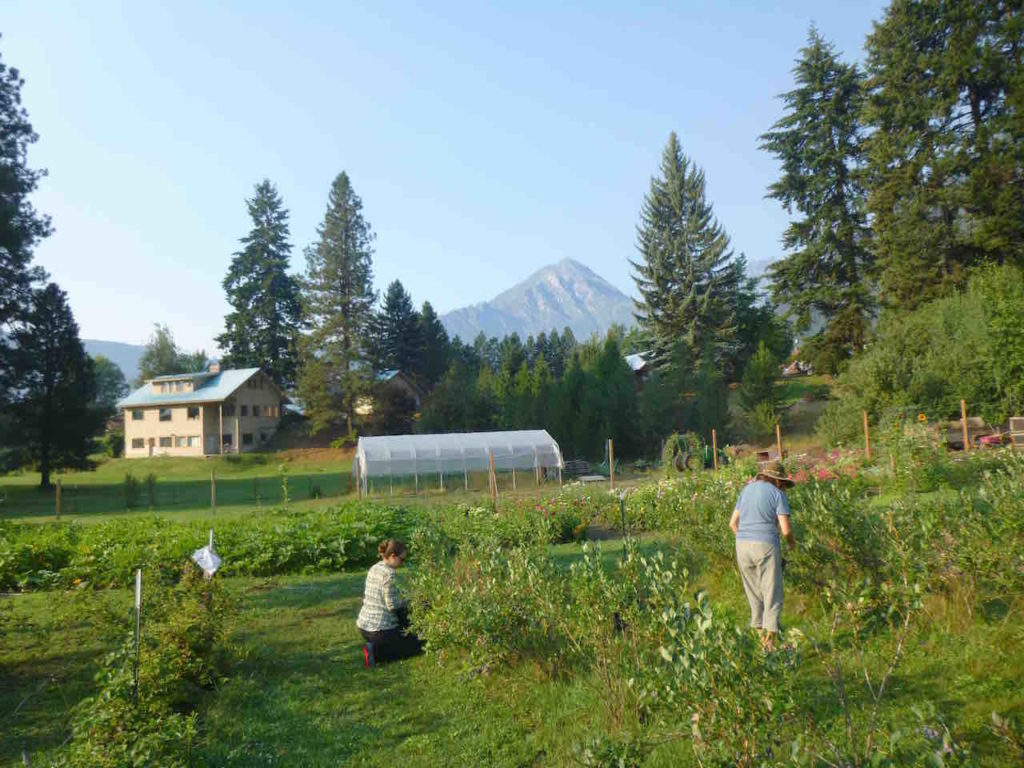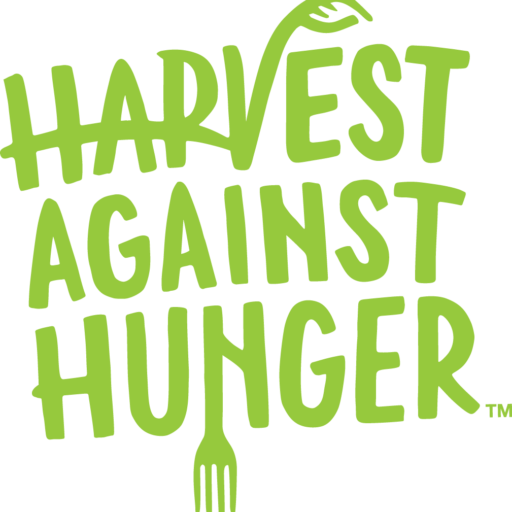How Can We Help?
Record Keeping Best Practices with Community Harvest in Leavenworth

Record-Keeping may not be the most exciting topic, but keeping good records is critical to the long-term success of any gleaning program. Records will allow you to easily reference what happened in previous years, help you show progress to sponsors and funders, and provide easy transfer and access of information for future glean leaders and coordinators. Your future self will thank you for setting up a comprehensive and easy-to-use system in place before the season starts!
In addition to volunteer, donor, food bank, and community contacts records, Community Harvest initially developed two spreadsheets to record seasonal activities.
First, the “Total Produce Donations” spreadsheet is a document that records all types of produce donations. There are different tabbed worksheets for each type of produce donation Community Harvest collects: field gleans, farmers markets, farm (and store) donations, and gardens.
Information is recorded after each donation, including date, farm/donor, crop, weight, and where it was donated. Formulas in the cells automatically do some of the calculations, and all pages are linked to a totals sheet, making it easy to pull up the yearly totals so far at any point during the season.
The “Event Tracking” spreadsheet consists of two pages, an event record listing all events, including gleans, tabling, and workshops, hours, number of volunteers, and volunteer hours, and a volunteer tracking sheet keeping track of all active volunteers accumulated throughout the season.
While these records require some time to manually input the data, the system is functional and straightforward, so records can be entered in minutes after a glean.
Some gleaning organizations have also developed websites with the ability to register volunteers, schedule harvests, send emails, and keep records. Benefits to these sites include: the all-inclusive nature which eliminates the need for multiple documents and programs, the ability for remote access, so any authorized glean leader can access the site and schedule gleans and enter records, and the inherent safety of the records being online and not subject to computer crashes.
Even without a website platform, keeping your spreadsheets as Google documents could mimic some of the benefits. Dick Yates with Salem Harvest in Oregon has developed GleanWeb software and made customized sites for several other gleaning projects, including Community Harvest. In 2014, Community Harvest began using the site and fully transitioned to GleanWeb by the end of the 2015 season.


